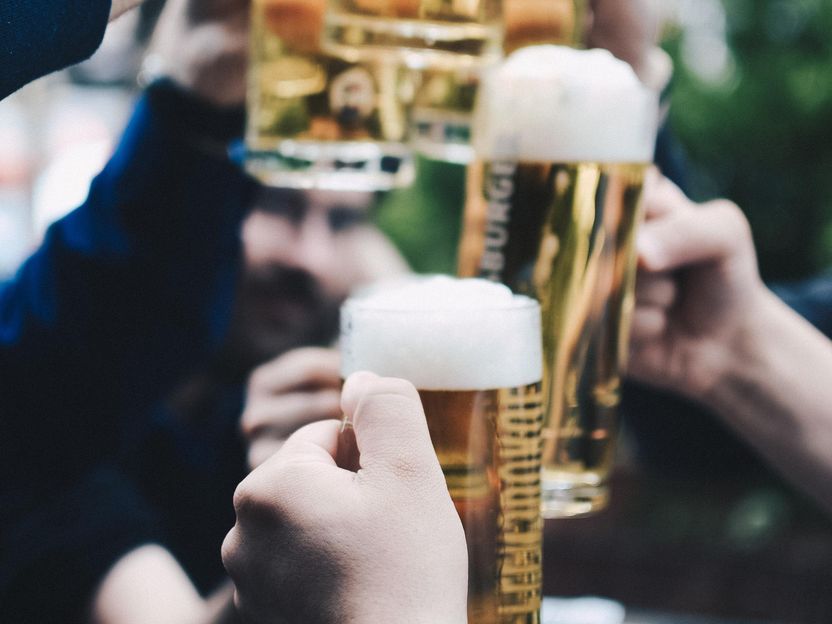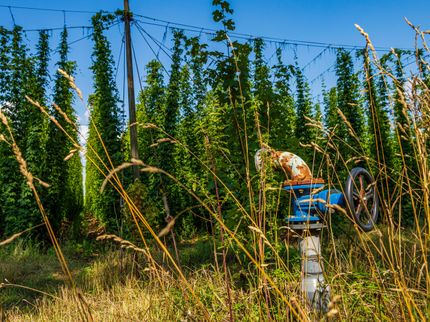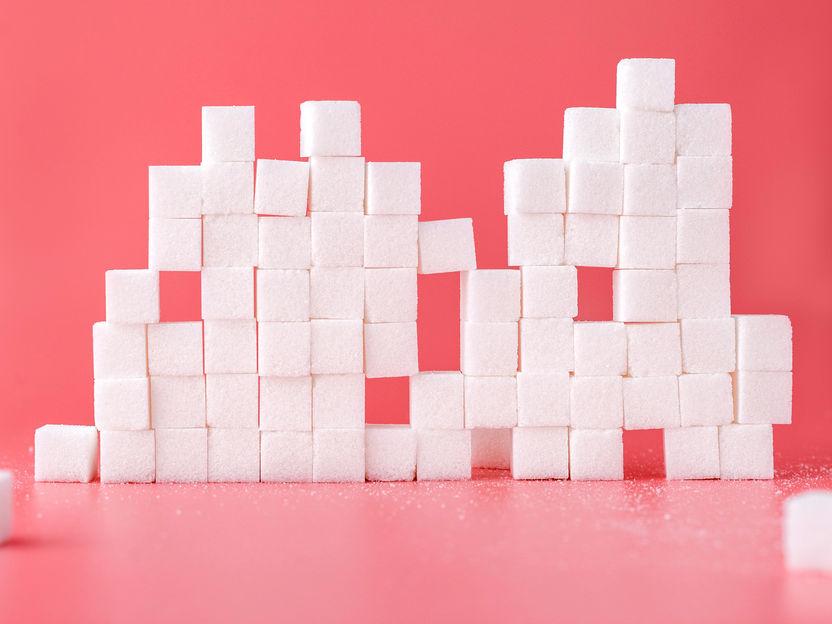Popular in the store, no chance in the pub: German beer in Great Britain
The phased end of corona rules has keg beer flowing again. But this is not good news for all brewers
Advertisement
Laughing and visibly thirsty, people in England are flocking back to the beer gardens, sales at the open pubs are huge, seats booked up for weeks. Gone are the bad Corona times, when tens of millions of liters of draft beer had to be poured away because pubs were closed. But the pictures, which testify to a slow return from the month-long lockdown to normality, are likely to please German brewers less.

Photo by Des Récits on Unsplash
This sounds curious at first, but it has a tangible background: very little German beer is on tap in the pubs. The globally known liquid product from the land of the brewers is at a disadvantage at the British tap.
"Most British pubs are owned by large companies that buy large quantities of beer for their thousands of pubs and therefore receive large discounts from global beer companies," beer expert Jane Peyton tells Deutsche Presse-Agentur. Some companies, such as Heineken, own hundreds of pubs themselves and of course then serve their own brands there, including Foster's or Amstel in Heineken's case. "Maybe the German brewers have not been as aggressive in their sales and marketing in the pub sector."
Indeed, market access for lagers, as all bottom-fermented beers and thus also pilsners are called in the U.K., is difficult. This is also admitted by a German manager who does not want to be named. Brands like Stella Artois, Kronenbourg and Heineken have divided up the scene among themselves.
This is also felt by smaller, domestic brewers. "The majority of Brits who drink lager stick to well-known brands," Peyton says. "For example, if they have a choice between an Italian Peroni and a craft beer from a small British brewery they don't know, they'll choose Peroni, even though the small brewery's beer is a true lager."
True, the U.K. is considered the land of ale. But expert Peyton, who as founder of the School of Booze offers online training and beer, wine and cider tastings, points out that lager makes up 90 percent of the beer consumed. It is often made in the U.K., but there is no such thing as a true British lager. The most popular brand, Carling, which the industry body British Beer and Pub Association touts as "brewed in Britain," is owned by Canada's Molton Coors. British brewers had always brewed ale. When lagers became popular in the 1970s, they missed the trend, and international brands took hold.
Not in the pubs, but in the supermarkets, German brewers are also benefiting from the lager enthusiasm of the British. In the Corona year 2020, German exports to the United Kingdom shot up by around a quarter, as Rodger Wegner, managing director of the Association of Export Breweries of North, West and Southwest Germany (VAB), tells dpa. That's because supermarkets - unlike pubs and restaurants - had opened wider, and sales of German beers rose significantly there.
"The export of alcoholic beer from Germany to the UK has developed very positively over the last five years," Wegner says. While there were 409,000 hectoliters of alcoholic beer in 2015, sales rose to 699,000 hectoliters by 2020. German beer has long been popular in the UK. When lagers came along, breweries gave their beers German names.
What's also important for German brewers at the moment is that "the UK is clearly the world's biggest sales market for non-alcoholic beer from Germany," Wegner says. In 2020, the share of total German beer exports to the UK was almost one-fifth (18 percent). By comparison, non-alcoholic beer has a 6 percent share of global exports.
So German brewers seem to be exploiting a gap in the market here.
"Until recently, there were no British breweries producing non-alcoholic beer, so pubs and stores have chosen German brands such as Beck's Blu and Erdinger alkoholfrei - these names are familiar, and that's important to customers," says Peyton. But this market is not yet as entrenched as it is for alcoholic lager; it's dynamic. Small breweries are specializing in non-alcoholic beer, and even big players like Heineken are aggressively promoting their products. "German non-alcoholic brands will have to defend their share in the UK," says the expert.

































































